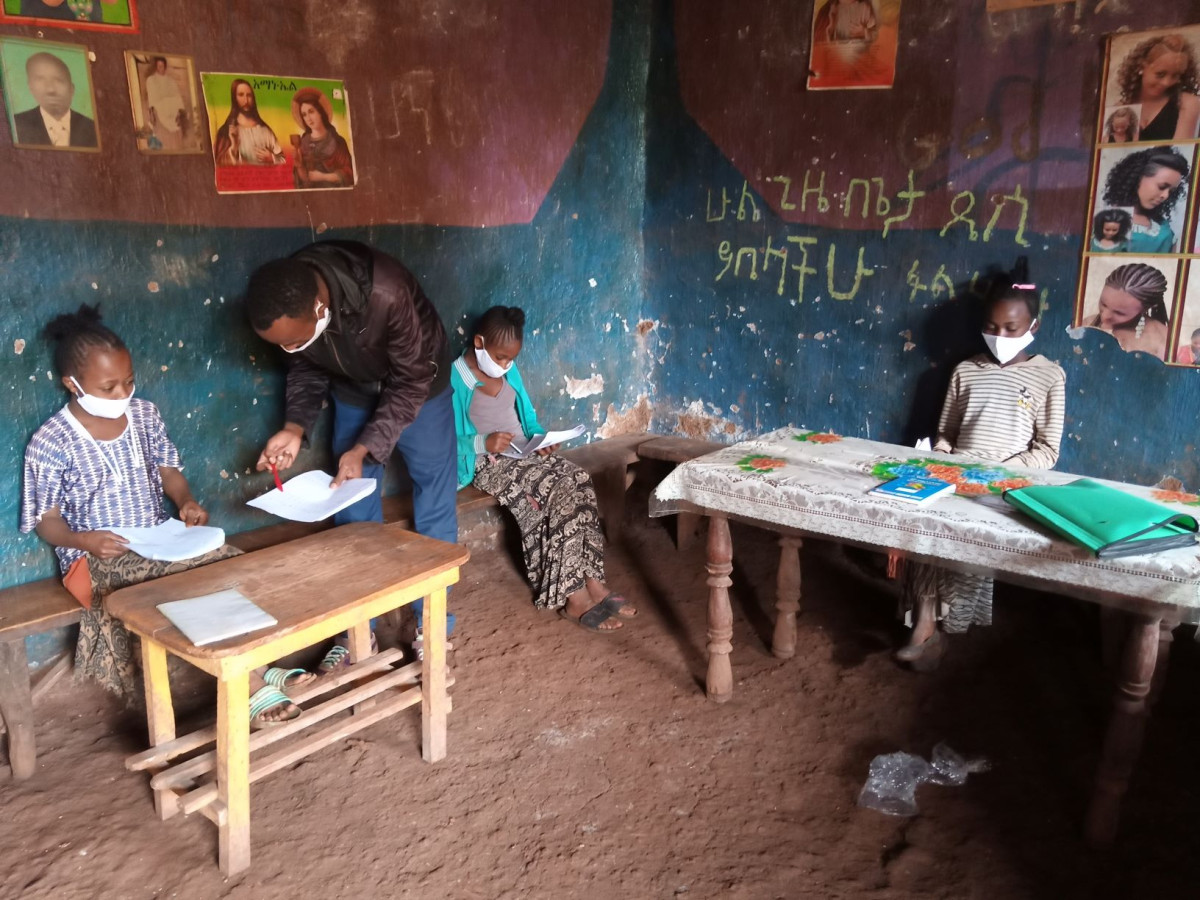Alliance2015 multi-country research: COVID-19 impacts on community resilience in the Global South
Published: Feb 10, 2021 Reading time: 4 minutes Share: Share an articleThe COVID-19 pandemic is testing the resilience of communities globally, with very differentiated impacts, exacerbating existing inequities and creating new ones.

Alliance2015 members jointly conducted a survey in 25 countries, covering 16,000 women, men and non-binary people in a two-month period in the final quarter of 2020. The multi-sectoral research provides striking information on the direct impacts of COVID-19 on food security, WASH, health, education, income, and on the indirect ones, related to indebtedness, psychosocial status, domestic and community cohesion, thus offering a more holistic understanding of the full impacts of the pandemic that people are dealing with.
At the time of the survey, most respondents were aware of the measures to reduce the transmission of COVID-19 such as frequent hand washing and wearing of masks but practicing them posed several challenges. One in every four respondents found it difficult to avoid social contact, avoid crowded places, afford masks or soap. These issues were further exacerbated for people living in refugee or IDP camps.
Over 40% of all respondents experienced a decrease in food quantity and quality. Many of the countries where the largest proportion of respondents reported a decline in quality and quantity of food are ones where levels of hunger and hunger induced human development deficits, are already among the highest in the world.
Income, health conditions and access to education worsened
Three quarters of respondents reported a change in their incomes due to the policies implemented to control the spread of COVID-19, with 92% saying this change had been negative. Over two thirds (77%) of farmers reported a reduction in income and half of them said this was on account of disruption of markets and their inability to sell produce. Women respondents reported a higher reliance on remittances, external support, petty trade and casual labour than men.
A third of the respondents reported a worsening of their health conditions post COVID-19. At least a third of respondents said they had delayed or skipped visits to health centres or had not completed planned schedule of visits. The main reasons for this were fear of contracting COVID-19, the high cost and the waiting time.
Among respondents with children in their households, two thirds reported their children’s access to education had worsened post COVID-19. Over 22% of respondents who have children in the age group of 4 to 16 years reported that the children were not receiving any education at all, while 24% reported that only some children were receiving education. In households where respondents identified schools were not yet reopened almost 28% were unsure whether children will return to school when they do reopen.
Most respondents were worried about their ability to earn an income in the future. Over 80% of respondents across all settlement types said they had felt worried more than usual during the pandemic. While community support continues to act as a financial safety net for many, conflicts and arguments are reported to have increased, both within the family and in the community in all settlement types.
Alliance2015 members are using these results to adapt their programmes and initiate new activities. “The large number and distribution of respondents provides a robust empirical base for adapting and designing humanitarian assistance and development programmes and assessing their impacts, by Alliance2015 members, other CSOs, government and donors.” Antonia Potter Prentice, Alliance2015 Director said. “According to UN agencies, Covid-19 and its consequences are fuelling chronic and acute malnutrition across the globe. As Alliance2015 we call for a clear, multi-year commitment to multi-sectoral approaches designed to build resilience at community level while improving nutrition outcomes, and a scale up of investment in humanitarian response to deal with the growing threat of famine faced by millions across some of the most fragile countries of the world.”


